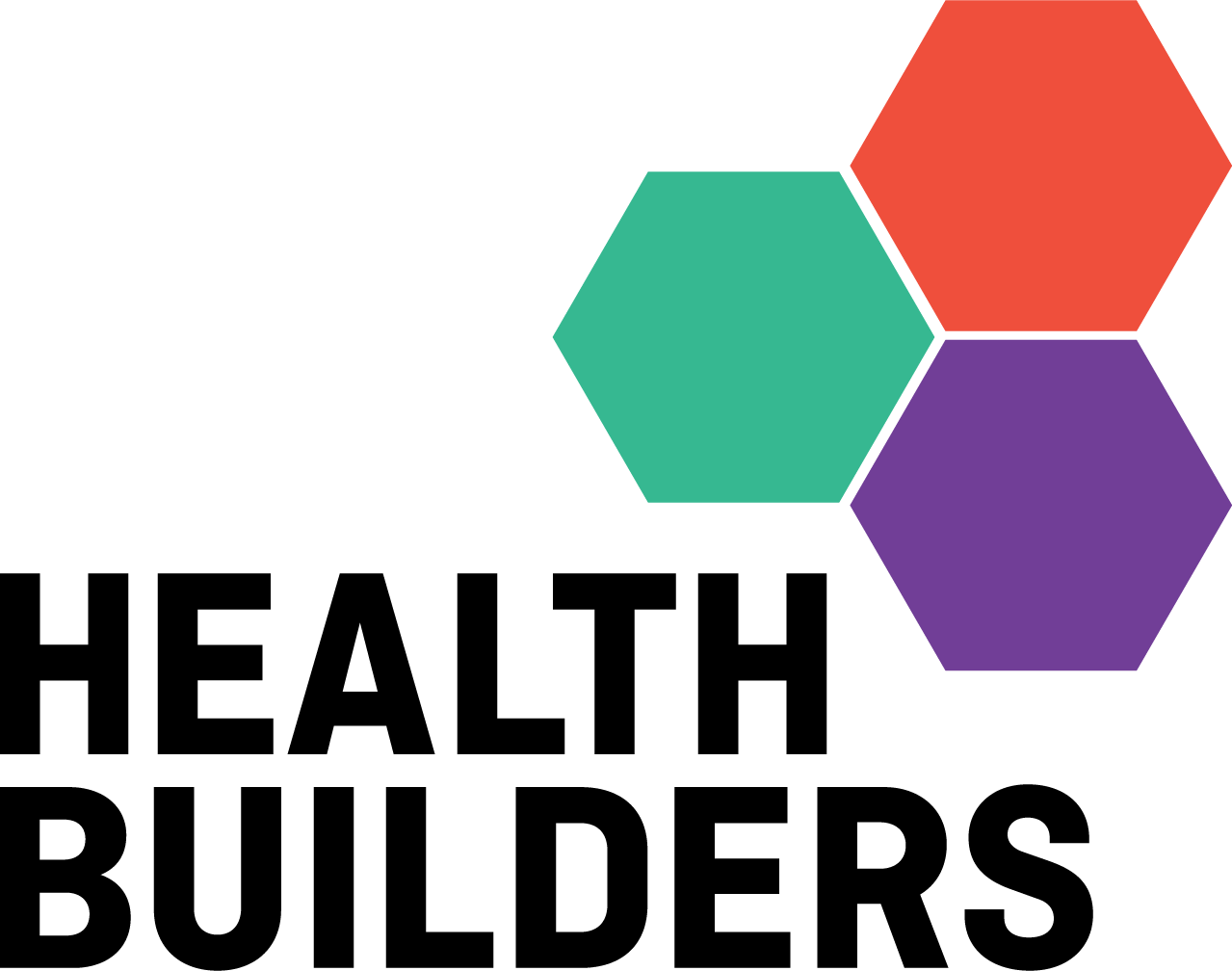Adolescent Sexual & Reproductive Health and Rights
In Rwanda, despite the socio-economic development, young people still face enormous challenges like adolescent pregnancies which are on the rise from 6.3% in 2010 to 7.3% in 2015.
13.6%
health centers providing youth-friendly services
92,267
adolescents impacted by Health Builders’ program
7.3%
teens will face challenges due to pregnancy
Teenage girls, marginalized due to poverty and dropping out of school, are the most affected. Increase in STIs amongst young people is another issue as many adolescents are reluctant to seek treatment due to lack of privacy and concerns over confidentiality.
Young people in Rwanda lack sufficient knowledge about Adolescent Sexual and Reproductive Health and Rights (ASRH&R) and have difficulty in accessing services, especially to allow for young girls to practice safer sexual behaviors. Youth-friendly services are still limited in scope and coverage; currently, only 13.6% of health facilities nationally offer these services. Primary Healthcare (PHC) centers lack healthcare providers with knowledge of ASRH&R as well as an environment that is youth-friendly. In addition, discussion about sexuality is, culturally, a taboo topic. Religion limits contraceptive and protective services and there is stigma around ASRH.
In view of this, Health Builders is addressing the dire need for systems change to ensure current and future generations of female adolescents are educated, employable, and living a positive life.
Health Builders provides services that include: education about SRH; provision of contraceptives; counselling; screening and treatment for STIs; HIV testing; consultation and follow up of pregnant teens; and helping victims of Gender Based Violence.
Health Builders is availing ASRH&R Information Education and Communication (IEC) materials and supporting PHC centers, peer educators and Community Healthcare Workers (CHWs) to conduct outreach sessions in schools and in the community to improve the knowledge of adolescents on ASRH&R. We involve male and female adolescent peer educators to help us in the design, implementation and monitoring the ASRH services, as well as connect them with their adolescent peers in the community.
Other programs and initiatives
Gender Equality
Maternal and Child Health
Mitigating Disease




